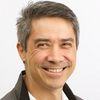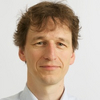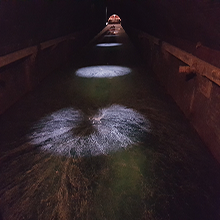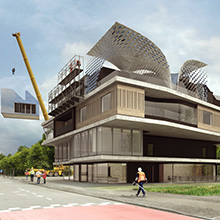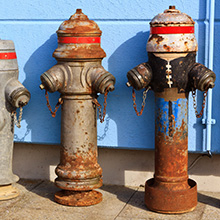Blue Summit Switzerland
Where science, policy, practice and industry meet
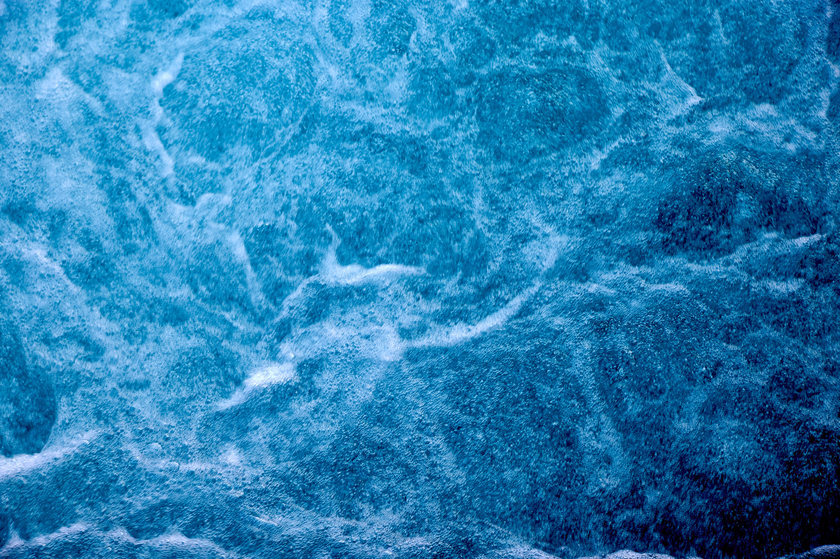
Switzerland is commonly referred to as ‘Wasserschloss’, implying its abundance of water due to the large amount of rain, number of lakes, rivers and glaciers. However, the organizers and panelists of the Blue Summit Switzerland warned against a potentially false sense of security in view of the impacts of climate change, urban growth and rising infrastructure costs. On 27 January 2021, representatives from research, industry, policy and practice jointly discussed the challenges facing urban water management ahead as well as potential steps in response to them. Eawag researchers and members of the research program Wings, Prof. Max Maurer and Prof. Eberhard Morgenroth provided two key inputs, calling for courage to embrace innovation and inviting participants to consider the potential of new systems to close water cycles.
The present centralized urban water system faces several challenges: Urban growth increasingly uses up infrastructure reserves, aging infrastructure demands large investments and, finally, climate change impacts further add to the list of challenges. Max Maurer (SWW) suggested that instead of preserving the current system by any means, new and innovative systems, i.e. hybrid systems, could be considered as a means of extending the present wastewater system portfolio. Besides being more resource-efficient, they also provide more flexibility in dealing with uncertain societal and environmental changes in the long-term. Max Maurer underlined that it is essential to start innovating today and exploring Switzerland’s potential to become a lead market for hybrid systems.
Related to this, Eberhard Morgenroth (ENG) provided insights into the potential of water recycling for different types of reuse (toilet flushing, irrigation, washing machine or potable water) and on the scale of reuse (appliance, building, or city level). Utilizing water recycling technologies can be understood as taking a shortcut in the water cycle, in contrast to the current detour through water bodies. In view of rising temperatures, above all in urban areas, water reuse can help to mitigate the heat island effect through cooling. Eberhard Morgenroth emphasized that water reuse is not only required in arid regions but provides benefits in central Europe as well. In developing and emerging economies, onsite treatment and recycling can become a key technology for facilitating hand washing, sanitation and hygiene.
In the final discussion, representatives from industry, policy and practice expressed interest in these novel technologies and systems. It became evident that among the broader public, as well as among a wide range of stakeholders, awareness of the potential of these innovative systems and technologies is still modest. Greater communication of scientific knowledge as well as the intensification of collaboration between research, industry, policy and practice can both help to rectify this knowledge deficit. Concluding, event host Heinz Habegger (Water Excellence AG) expressed his intention to ensure that the Blue Summit Switzerland was no one-off occasion, suggesting that the dialogue through working groups or similar collaboration formats should continue. Overall, the event has demonstrated the need for crossing the boundaries between research, industry, policy and practice – in short, to employ transdisciplinary research.
Key insights
-) Hybrid systems and water recycling technologies provide substantial potential for the future of urban water management
-) Representatives from industry, policy and practice expressed their interest in further exchange and collaboration on innovative technologies
-) Current challenges in the water sector call for transdisciplinary research approaches
-) Summit participants asked scientists to strongly engage with representatives from industry, policy and practice

